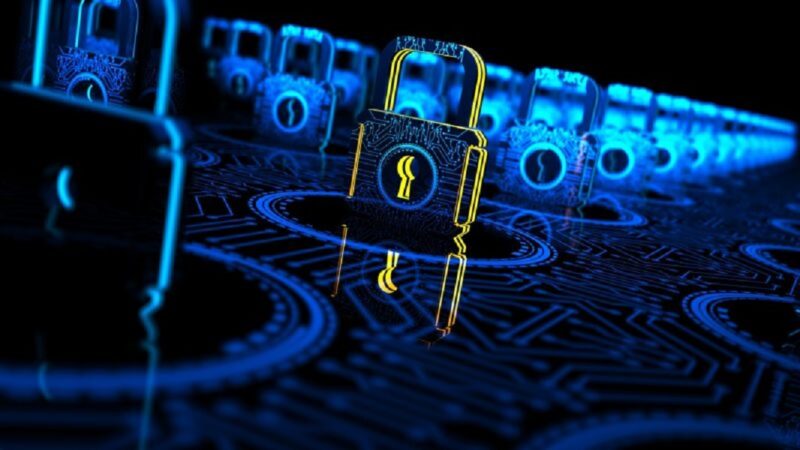Top 10 Secure Computing Tips
In this era of digitalization, with a high dependency on the internet, we are exposed to several threats that we may not be aware of. You can’t ever imagine that hackers won’t target you. We all are prone to this risk, which can significantly impact us both financially and personally. Therefore, cybersecurity is our responsibility, and we have to protect it.
Precaution is better than regret. We cannot wait for a cyberattack to wipe our data and harm us. So here we have lined up some computing tips that can secure and guard our data, devices, etc.
Update your software regularly.
As per the research, ransomware was the primary cause in 2017 that affected consumers and businesses. One of the significant reasons we experience ransomware is outdated software that affects both the applications in your device and its operating system.
You can avoid hackers’ glitches to access the machines by upgrading the software. For instance, ensure the desktop has automatic security-related updates, automatic updates are on for the device, and make sure that web browser plugins such are Java and Flash are upgraded.
Opt for solid passwords along with a password management tool
Strong passwords play a significant role in maintaining online security. Passwords restrict the hackers from reaching your data. When setting a password, always make sure you choose a combination of symbols, upper case letters, but a user-friendly password with at least eight characters. Moreover, avoid using the same passwords for more than one account. Opt for a password that is easy to recall for you and not the hackers. Lastly, keep changing your passwords every three months and reset them when you forget them.
Beware of phishing scams, emails, or phone calls.
These days phishing scams are an ongoing threat. Here cybercriminals try to convince you to input your ID or password, credit card credentials, etc.
These scams are generally performed by simple text, email, or even social networking websites. Avoid giving out your financial and personal details to an email that looks official but suspicious at the same time. This is usually an attempt to trick you into a scam.
Avoid leaving your devices unattended.
You have to maintain both the physical and technical security of your devices. If you have to leave the tablet, phone, or laptop for a while, make sure you lock it up with some password so that no one can access it.
Moreover, if you have some data stored on your hard drive or flash drive, it must be encrypted and secured with a lock. For desktop devices, it is better to either shut down the device or lock it up.
Go for Multi-factor authentication.
Multi-factor or two-factor authentication brings an extra security layer for the password you set. It is mainly an online identification process. Without setting a two-factor authentication, we have to enter a password and username. Still, with this additional security, you will be required to enter either an identification code, fingerprint, or maybe another password.
Make regular backups of your data.
We often ignore this particular tip in setting up our online security. It is advisable by IT and security managers to have at least three copies of the data on two separate platforms, like on an external hard drive and another copy on cloud storage. Therefore, if you are attacked by ransomware, the only choice you have of restoring your data is by resetting the device and then restoring your data from the last backup you performed. If you don’t make regular backups, you won’t be able to have the files you just lost. Learn CCSP Online Training Course and secure your cloud data.
Keep your mobile devices safe.
We are highly dependent on our mobile phones, and there are highly exposed to an attack. Therefore, you will have to protect your devices by undertaking the following measures, locking the device with some password or a pin code.
It is better to avoid installing apps from unreliable sources, making sure you opt for GooglePlay or AppStore, constantly updating the operating system, avoiding clicking on unknown attachments or links.
Furthermore, do not store personal credentials on your devices. Since our phones are with us all the time, they demand extra security.
Avoid using public Wi-Fi.
Avoid using public Wi-Fi without accessing a VPN (Virtual Private Network). This is because the traffic between the VPN server and the device is encrypted easily through a VPN. Hence it becomes challenging for cyber criminals to get hold of your data and device. If you don’t have access to a VPN, make sure you use your mobile network data for the task, as it will also eliminate the chances of a security breach.






